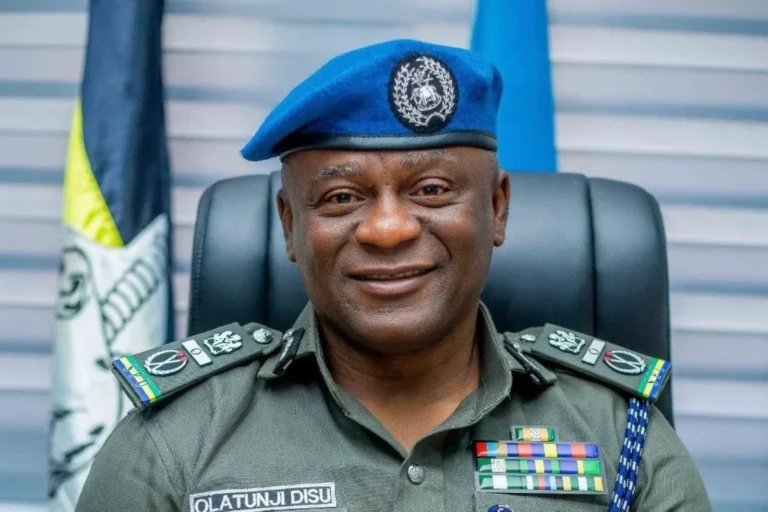
Niger’s Junta Leader Sworn in as President for Five-Year Transition
Abdourahamane Tchiani, leader of Niger’s junta, has officially taken office as the country’s new president for a five-year transitional period. His swearing-in marks a significant shift in the country’s political landscape following last year’s coup that removed the democratically elected government. However, his decision to dissolve all political parties has raised concerns among political analysts and international observers.
Background of Niger’s Political Transition
Niger’s junta leader seized power in July 2023 after overthrowing President Mohamed Bazoum. The military justified the coup by citing security failures, economic instability, and alleged corruption under the previous administration. After months of uncertainty, the junta announced a five-year transition plan to keep them in power before holding elections. However, many believe this period is too long and could further destabilize the country.
The Swearing-In Ceremony
Tchiani’s inauguration occurred amid heightened security in Niamey, the capital city. Military officials, government appointees, and junta supporters attended the event. In his speech, Tchiani emphasized the need for national unity, economic reforms, and security measures to combat insurgent threats in the Sahel region. He assured citizens that his administration would work towards restoring order and stability before eventually handing over power to a civilian government.
Dissolution of Political Parties and Its Implications
One of Tchiani’s first acts as president was to dissolve all political parties in Niger. Opposition groups, civil rights activists, and international organizations have widely condemned this move. The junta claims the decision aims to prevent political conflicts and ensure a smooth transition. However, critics argue that banning political parties undermines democracy and restricts political freedom.
Political analysts warn that suppressing opposition voices could lead to increased unrest. In response, some opposition leaders have called for protests and diplomatic interventions to pressure the junta into reinstating democratic institutions.
Regional and International Reactions
The Economic Community of West African States (ECOWAS), the African Union, and Western governments have expressed deep concerns over Niger’s political direction. ECOWAS had previously imposed sanctions on the junta but later eased them to foster dialogue. Following Tchiani’s inauguration, ECOWAS leaders reiterated calls for a shorter transition and respect for democratic principles.
France and the United States, which have military bases in Niger for counterterrorism operations, are reassessing their diplomatic and security ties with the country. Meanwhile, Russia and China have signalled their willingness to strengthen relations with the junta, offering economic and military assistance.
Security and Economic Challenges Under Tchiani’s Rule
Niger faces significant security threats from extremist groups linked to al-Qaeda and ISIS. Attacks on military bases and civilian areas have increased since the coup, putting pressure on the junta to deliver on its promises of restoring stability.
The economy is also struggling due to international sanctions, reduced foreign aid, and declining investments. The junta has pledged to implement policies to boost local industries, improve agricultural productivity, and expand infrastructure projects. However, economic experts argue that isolating Niger from its traditional allies could worsen the situation.
What Lies Ahead for Niger?
With Tchiani now officially in power, Niger stands at a crossroads. The junta’s five-year transition plan is expected to face resistance from opposition groups, civil society organizations, and the international community. The success of this transition will largely depend on the government’s ability to balance security, economic growth, and political stability.
While some Nigeriens support the junta’s promise of change, others fear prolonged military rule could erode democratic gains. The coming months will be crucial in determining whether Niger moves toward stability or further political turmoil.



